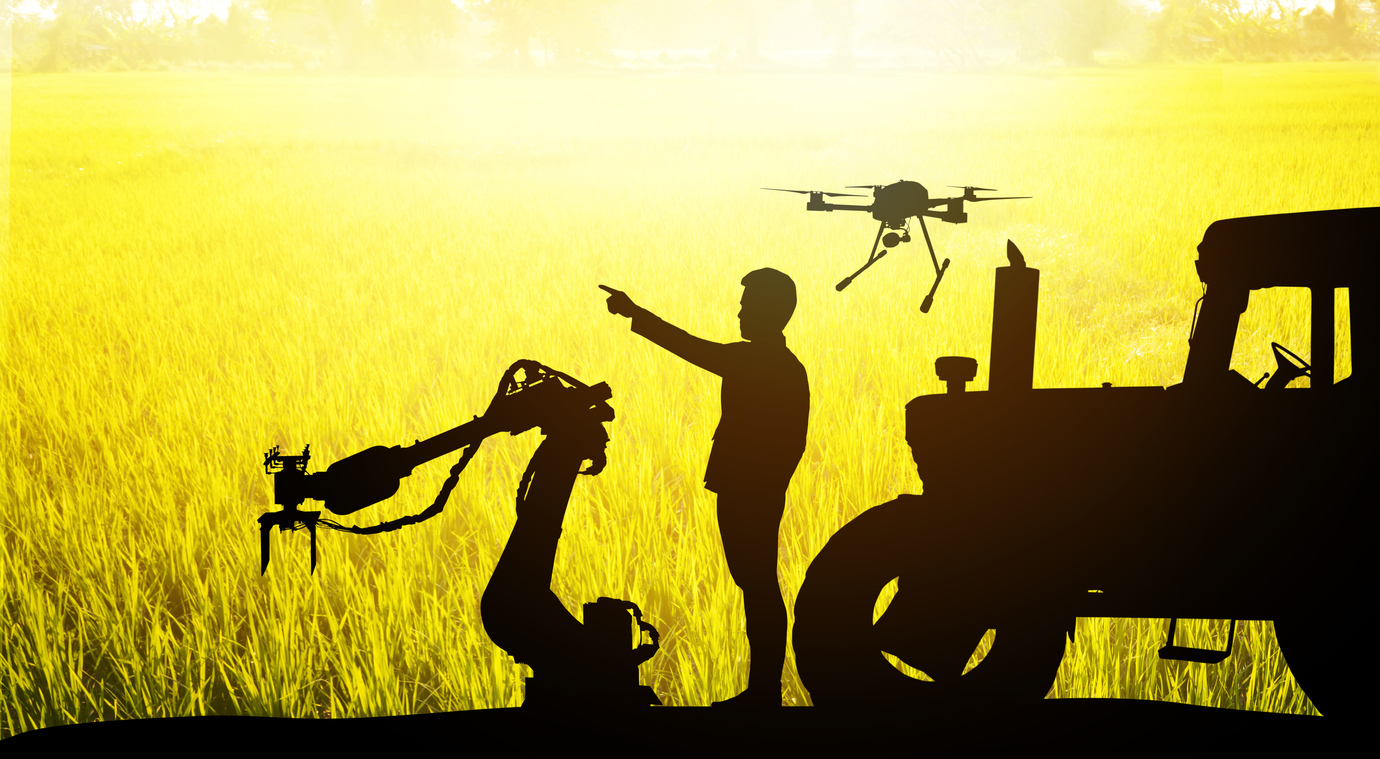
Cultivating Change: AI’s Transformative Role in Agriculture Innovations
AI (Artificial Intelligence) is making significant strides in the agricultural sector, ushering in a new era of innovation and efficiency. From precision farming to crop monitoring, AI technologies are revolutionizing traditional agricultural practices, paving the way for sustainable and technologically advanced approaches.
Precision Farming for Optimal Yield
One of the key applications of AI in agriculture is precision farming. By leveraging AI algorithms, farmers can analyze data from various sources, including satellite imagery and sensors, to make informed decisions about crop management. This precision enables optimal resource allocation, minimizing waste and maximizing yield. From irrigation scheduling to nutrient management, AI empowers farmers to enhance productivity while reducing environmental impact.
To explore the latest innovations in AI-driven agriculture, visit AI in Agriculture Innovations. Discover cutting-edge solutions shaping the future of farming.
Crop Monitoring and Disease Detection
AI-powered systems excel in monitoring crops for signs of stress, diseases, or pests. Drones equipped with advanced cameras and machine learning algorithms can survey vast fields, identifying potential issues before they escalate. Rapid detection allows farmers to implement targeted interventions, reducing the need for broad-spectrum treatments and promoting sustainable farming practices.
Autonomous Farming Machinery
The integration of AI into agricultural machinery is streamlining farm operations. Autonomous tractors and harvesters equipped with AI technologies can perform tasks with precision and efficiency. These machines can navigate fields, adjust their operations based on real-time data, and optimize workflows. By automating routine tasks, farmers can focus on strategic decision-making and overall farm management.
Data-Driven Decision-Making
AI’s ability to analyze large datasets is a game-changer for farmers. Through data-driven insights, farmers can make well-informed decisions regarding planting, harvesting, and resource allocation. Predictive analytics help anticipate market trends and optimize crop selection, contributing to more sustainable and profitable farming practices.
Climate-Resilient Agriculture
As climate change introduces new challenges to agriculture, AI offers solutions for building climate-resilient farming systems. Machine learning models can analyze historical weather data, predict climate patterns, and provide farmers with insights to adapt their practices. This proactive approach is essential for mitigating the impact of climate variability on crop yields.
AI in Supply Chain Management
Beyond the farm, AI is playing a crucial role in optimizing the agricultural supply chain. From monitoring inventory levels to predicting demand, AI technologies enhance efficiency and reduce waste. Smart logistics powered by AI ensure timely delivery of agricultural products to markets, contributing to a more reliable and responsive supply chain.
Challenges and Ethical Considerations
Despite the transformative benefits, the adoption of AI in agriculture is not without challenges. Issues such as data privacy, the digital divide, and the ethical use of AI technologies require careful consideration. Striking a balance between innovation and ethical practices is crucial to ensure that AI in agriculture serves the broader goals of sustainability and equity.
Empowering Farmers Through Education
To fully harness the potential of AI in agriculture, education and training are vital. Farmers need access to resources that empower them to understand and leverage AI technologies effectively. Initiatives focusing on digital literacy and skill development contribute to a more inclusive and resilient agricultural sector.
Collaborative Efforts for a Sustainable Future
The future of agriculture lies in collaborative efforts between technology developers, policymakers, and farmers. By fostering partnerships, sharing knowledge, and investing in research, stakeholders can collectively address challenges and drive innovations that contribute to a sustainable and resilient agricultural future.
The Road Ahead: A Smarter, Sustainable Agriculture
In conclusion, AI’s role in agriculture innovations is propelling the industry toward a smarter and more sustainable future. From precision farming to supply chain optimization, AI technologies are enhancing productivity and resilience. To stay informed about the latest advancements, explore AI in Agriculture Innovations and witness the transformative power of AI in shaping the agriculture landscape.
